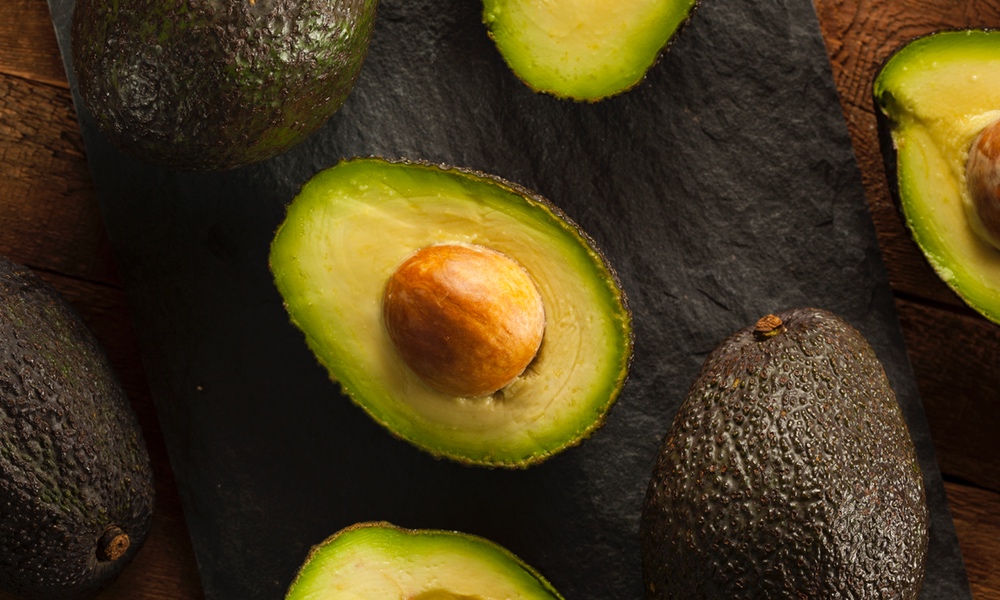It is the nutritional equivalent of a home run — a food that suppresses hunger and makes people feel satisfied when they eat it. A new study suggests that avocados may qualify for that honor.
Avocados are unique because they are fruit that also contains fat, and they have more fiber than most other fruits. Their fat and fiber content are two of the main reasons why eating avocados is both filling and satisfying.
Obesity currently affects the health of over 93 million Americans, and its rate among adults is estimated to be nearly 40 percent. Finding simple ways to manage hunger and satiety can only help improve metabolic control and stem this continuing weight crisis.Insulin and blood sugar levels were also improved when avocado was added to a meal, thus reducing the risk of diabetes and heart disease.
The news was good. When the overweight people in the study ate meals that replaced refined carbohydrates like bread with avocado, they reported they were less hungry and felt full longer — up to six hours after the meal. There were other benefits, too. Eating avocados also increased the body’s production of an intestinal hormone, PYY, that plays an important role in appetite control. Insulin and blood sugar levels were also improved when avocado was added to a meal, thus reducing the risk of diabetes and heart disease.
If you aren't already familiar how tasty avocados are, especially the darker-skinned Haas variety pictured above, you may, given the results of this study, want to consider substituting avocados for refined carbohydrates like bread and rice in your meals. You can also use them make a creamy salad dressing. They are a good source of healthy monounsaturated fats that lower cholesterol, as well as potassium, lutein and nearly 20 vitamins.
The study is published in Nutrients.





